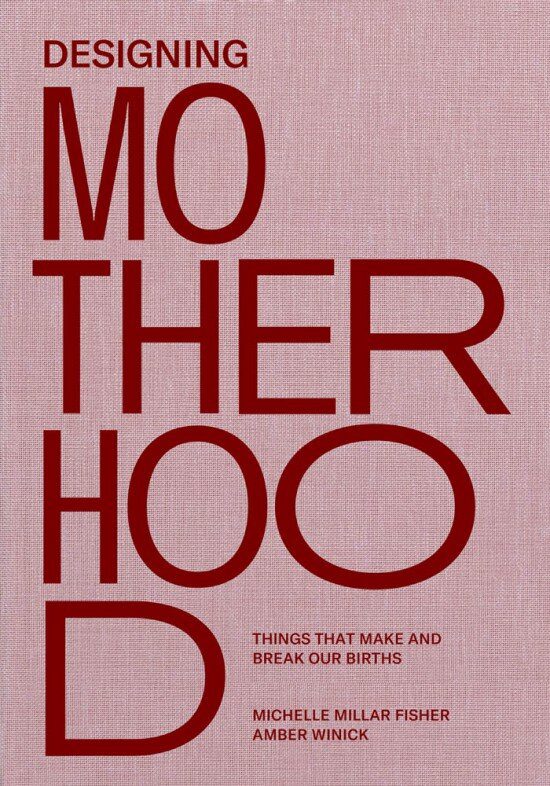
A Conversation with the Curators of Designing Motherhood
Amber Winick and Michelle Millar Fisher, Designing Motherhood, Curators
October 25, 2021 · 4:30 pm—6:00 pm · Zoom
The Humanities Council Exploratory Grant in Collaborative Humanities, the Center for Digital Humanities, and the Department of Art & Archaeology

What do the pregnancy test, the pessary, the at-home abortion kit, the state of family leave, midwifery care, and postpartum practices have in common, and why do designs that matter so much often go so unremarked? The designed objects and systems that surround us when it comes to menstruation, birth control, (contra)conception, pregnancy, childbirth, and postpartum vary as oddly, messily, and dramatically as the stereotypes suggest. Designing Motherhood unfolds the compelling design histories and real-world uses of the designs that shape our reproductive experiences. In a book, two-part exhibition, design curriculum, Storybanking initiative, and public programming series, this project unfolds the iconic, conceptual, archaic, titillating, emotionally charged, or just plain strange designs that have defined the relationships between people and babies during the past century. Join Michelle Millar Fisher, the Wornick Curator of Contemporary Decorative Arts at MFA Boston, and Amber Winick, writer and design historian, as they discuss the project and their vital partnership with thought leaders at the Philadelphia-based Maternity Care Coalition, a forty year old organization dedicated to improving the lives of pregnant and parenting families, and their children, ages 0-3.
–
This event is organized as a part of Art Hx: Visual and Medical Legacies of British Colonialism. During the 2021-2022 academic year, Art Hx presents curative / spaces, a programming series that explores the relationship between race, space, and healthcare through the lens of art and design. We will host a range of events that consider how experiences of race and medicine are spatially produced in architecture, design, and in the circulation of art. We want to reflect on how these relationships affect access to resources, meanings about the body, and people’s understandings and conceptions of healthcare. We hope the series will help us imaginatively redesign these processes of health injustice and build new practices of care together through art’s ability to transform society.















